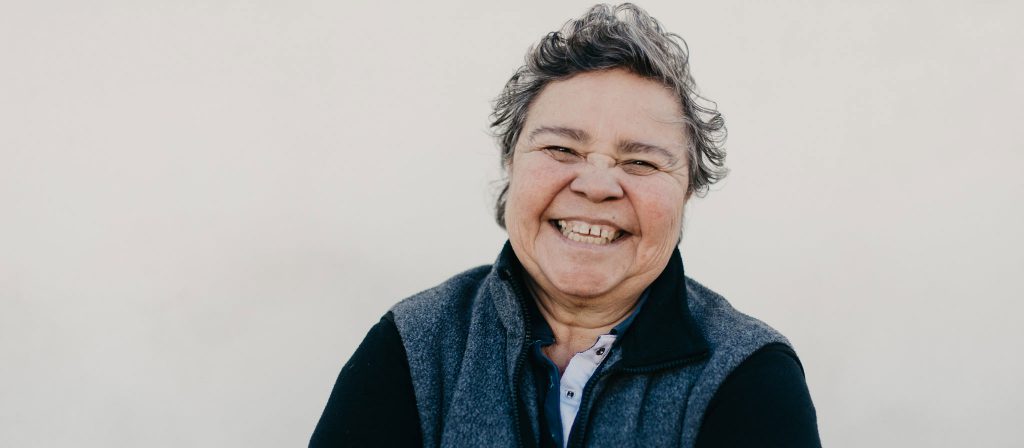
Our team provides informational, emotional, and practical support by helping people work towards co-created goals to achieve a healthy balance within your circumstances to live better, live well with dementia.
Supports are informed by our learning from the Rare Dementia Support Impact Study. We utilize a self-directed and relationship-based approach that is inspired by the principles of Acceptance and Commitment Therapy.
Support is offered via telephone or through the secure Zoom for Healthcare platform. If you need help to access the platform, we can provide telephone guidance to help you get set up.
All support begins with an initial call that is booked once you register with us. We will discuss your informational and support needs and work with you to establish support goals. You can expect this call to take 45 – 60 minutes.

Individual Support
Individual support is offered virtually to anyone affected by rare or young onset dementia. This can include people living with dementia, partners, husbands, wives, adult children, teen children and extended family or friends. The main goal of individual support calls is to enhance the experience of the whole family, or whole support network, to live better, live well with dementia. Specific goals for individual support calls are co-created between you and the support worker.
Topics that may be discussed may include:
- strategies to achieve balance in your life
- acceptance
- enhancing communication with others
- grief and loss
- planning for the future
RDS Members may wish to receive advice on how to access local professional assistance for other matters such as legal and financial support.

Couple and Family Support
RDS Canada recognizes the importance of supportive interdependent relationships. Couple support is offered virtually. This is not limited to romantic partnerships and can also include a single person living on their own with primary care partner(s) who may be a friend or extended family member. Family support is also offered virtually to any grouping of family and may include discussions on topics such as:
- navigating health and support systems post diagnosis
- how to talk to others about a diagnosis
- navigating transitions as dementia progresses
- planning family holidays and celebrations
- sharing feelings
Family support may also include intergenerational conversations. These services may be tailored to the needs of an individual family and could include age-appropriate education to children on a particular diagnosis with coaching on how to improve interactions with a parent or extended family member with a diagnosis.

Group Support
The purpose of our groups is to create a confidential virtual space where people with shared experience can discuss a range of topics. Groups are professionally facilitated. Find more information on the groups we offer.
In order to take part in RDS Canada support groups you will need to register as a member and book an initial support call with our direct support team.
Contact Our Direct Support Team
- rdscanada@nipissingu.ca
- Toll-free: 1-888-279-2232
